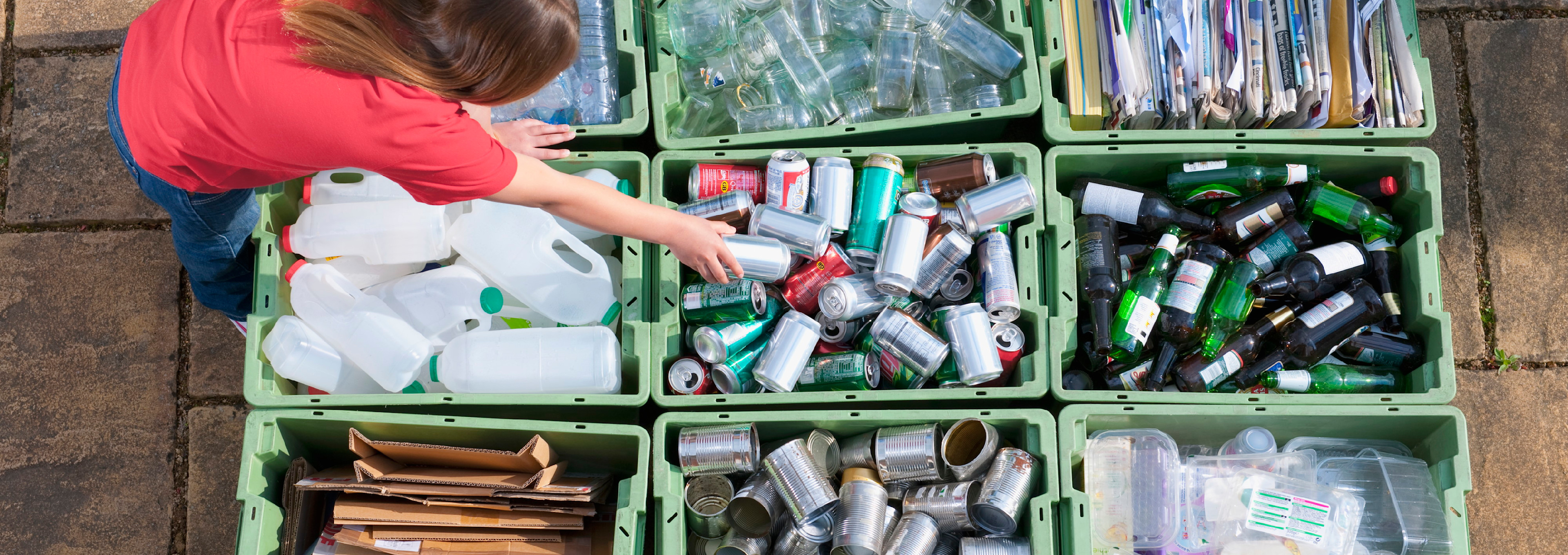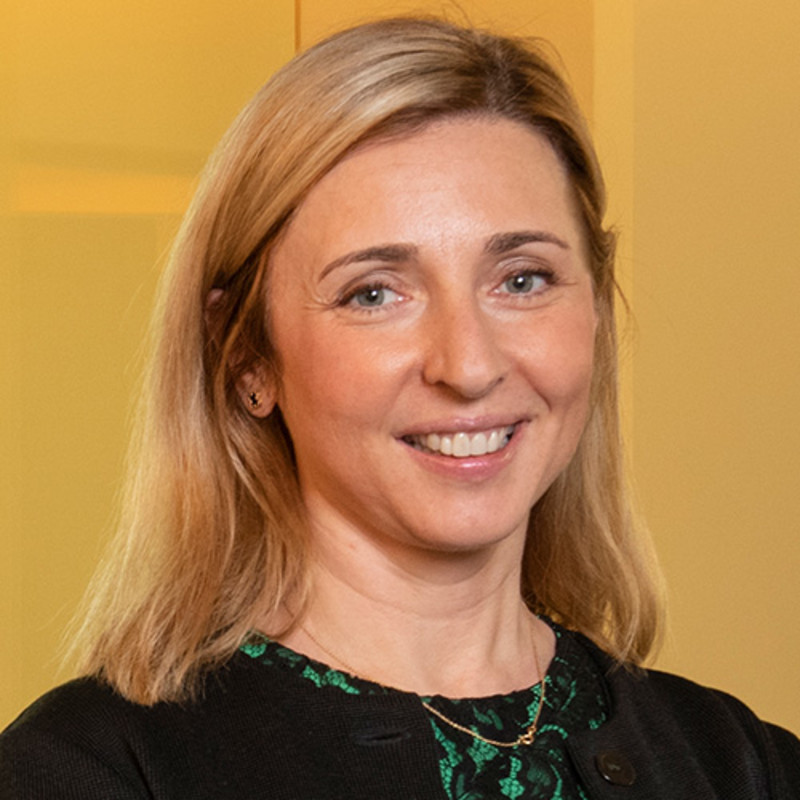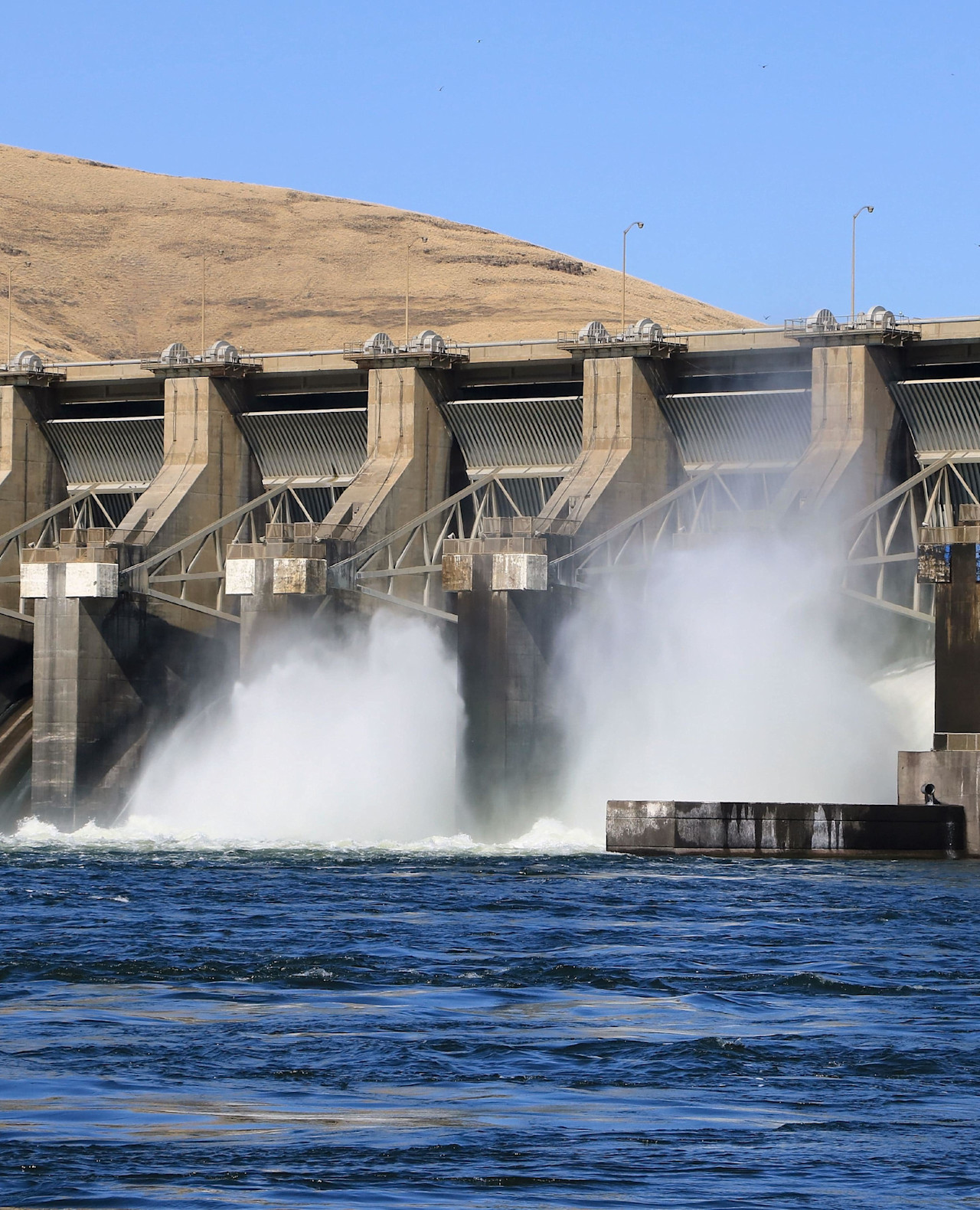

Circular economy is a need-to-have, not a nice-to-have
Society is consuming resources at breakneck speed. Population growth combined with increased wealth are stoking global demand and over-consumption. To keep pace, we are stripping the planet of precious resources, far beyond the Earth’s ability to naturally regenerate.
More consumption also means more waste – in air, on land, and at sea. The ‘take-make-waste' production cycle produces half of all greenhouse gas emissions and creates 100 billion tons of additional materials – less than a tenth of which gets recycled.
This video isn't available to you because you have not accepted our advertising cookies yet. If you accept them, then you'll be able to view all content:
Society is over-spending resources and damaging the planet – further compounding a crushing environmental debt. Without change, by 2050, society will need the equivalent of three planet earths to sustain our current lifestyles. Circular solutions provide a sustainable way forward. In stark contrast to traditional production processes, circular companies are critically monitoring how products are designed, manufactured, distributed, consumed, and discarded in order to minimize resource use and waste at every phase of a product’s life.
That can mean using software simulation in a product’s design phase to experiment with resource-friendly materials or modular-construction models so they can be easily disassembled, upgraded and reused rather than thrown out completely.
It can also mean sharing resources among multiple users via subscription-based services. Highly visible retail examples already exist in transport, travel and tourism, but sharing platforms are also cropping up in surprising areas, from heavy-duty farming equipment and factory machinery to the rental of laboratory space for R&D and clinical trials.
Business models and applications that apply circular solutions are almost limitless and can be found across industries and sectors globally.
We’ve grown used to consuming resources to make products and grow economies. The circular economy is a different economic model. It decouples economic growth from the use of virgin resources by discovering new ways of extending the life and exploiting the value of what we’ve already got.
The circular economy is a need-to-have. Don’t miss out on this great opportunity to benefit from the transition to more sustainable growth!
Get the latest insights
Subscribe to our newsletter for investment updates and expert analysis.





















